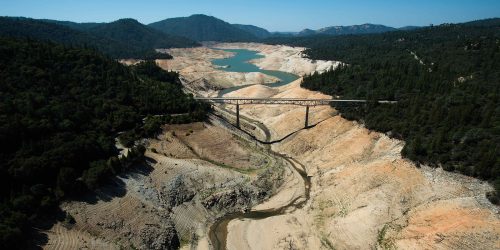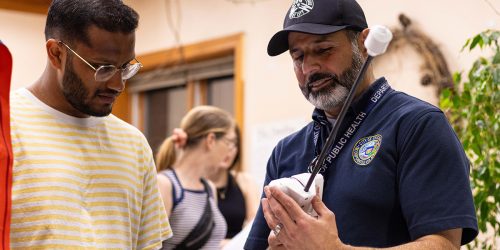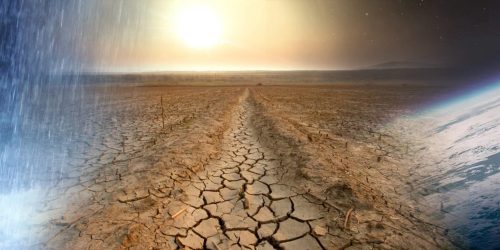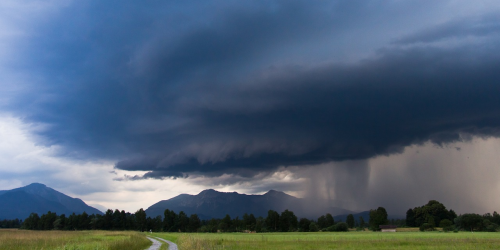NOAA’s Coastal and Ocean Climate Applications (COCA) program competitively selected five new two-year projects in FY17 for a total of $1.2M.
The COCA program supports interdisciplinary teams of researchers on the impacts of climate variability and change on coastal communities and ecosystems and the application of climate-related research and information to advance coastal decision-making. The goal is to support coastal decision-makers, stakeholders, and resource managers plan for and adapt to changing climate conditions.
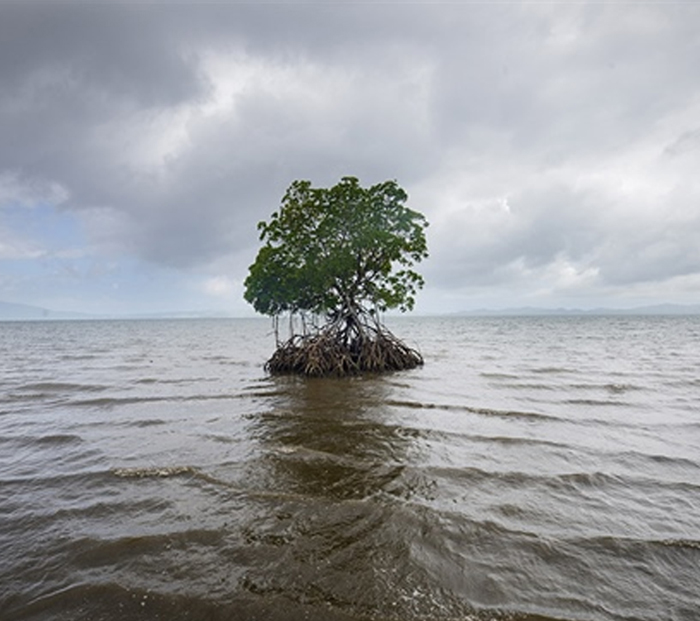
In the United States, over half of the national gross domestic product comes from the coast and more than 50% of the U.S. population lives in coastal watershed counties. Human pressures, such as coastal development, pollution, and habitat destruction, are impacting the health and sustainability of coastal built and natural systems. As human pressures on the coast continue to increase, the coastal built and natural environment is expected to experience, and in some cases is already experiencing, impacts from climate variability and change, including: drought, flooding, sea level rise, heat waves. To address these many challenges, communities along the coast are seeking assistance to understand their vulnerabilities, risks and impacts to climate variability and change.
For FY17, COCA solicited interdisciplinary applied research projects that 1) identify and assess key coastal community and ecosystem risks and vulnerabilities to climate variability and change, and 2) support the development of approaches to address intersecting climatic and non-climatic stressors to enhance coastal community resilience and sustainability in a changing climate.
The five new projects supported by COCA in FY17 include:
- Managing for Resilience in Regionally-Significant Coastal Sites
- Lead PI: Mark Anderson, The Nature Conservancy (TNC)
- Co-PIs: Melissa Clark, TNC and John Prince, TNC
- Fostering coastal community resilience in Maine: Understanding climate change risks and behavior
- Lead PI: Sandra De Urioste-Stone, University of Maine
- Co-PIs: Parinaz Rahimzadeh-Bajgiran and William Carter Stone, University of Maine
- Informed by Climate Change: Pre-disaster planning, post-disaster recovery
- Lead PI: Camille Manning-Broome, Center for Planning Excellence
- Co-PIs: Tara Lambeth, University of New Orleans Center for Hazards Assessment; Matthew Bethel, Louisiana Sea Grant, Louisiana State University and Jeannette Dubinin, Center for Planning Excellence
- Hidden Infrastructure: Onsite Wastewater Disposal and Sea Level Rise
- Lead PI: Scott Pippin, University of Georgia
- Co-PIs: Brian Bledsoe and Jessica Alcorn, University of Georgia; Brian Meyer, Georgia State University and Jill Gambill, Georgia Sea Grant and Marine Extension Service, University of Georgia
- Linking Rural Decision-Makers with Local Churches to Build Coastal Resilience to a Changing Climate
- Lead PI: Michael Paolisso, University of Maryland
- Co-PIs: Brian Needelman, Victoria Chanse, Katherine Johnson, Christine Miller, Christina Prell, and Klaus Hubacek, University of Maryland; Jennifer Dindinger, Maryland Sea Grant Extension, University of Maryland and Fredrika Moser, Maryland Sea Grant College Program, University System of Maryland
COCA is a program in the Climate and Societal Interactions Division of the Climate Program Office, within NOAA’s Office of Oceanic and Atmospheric Research. Learn more about COCA and it’s funding opportunities.


